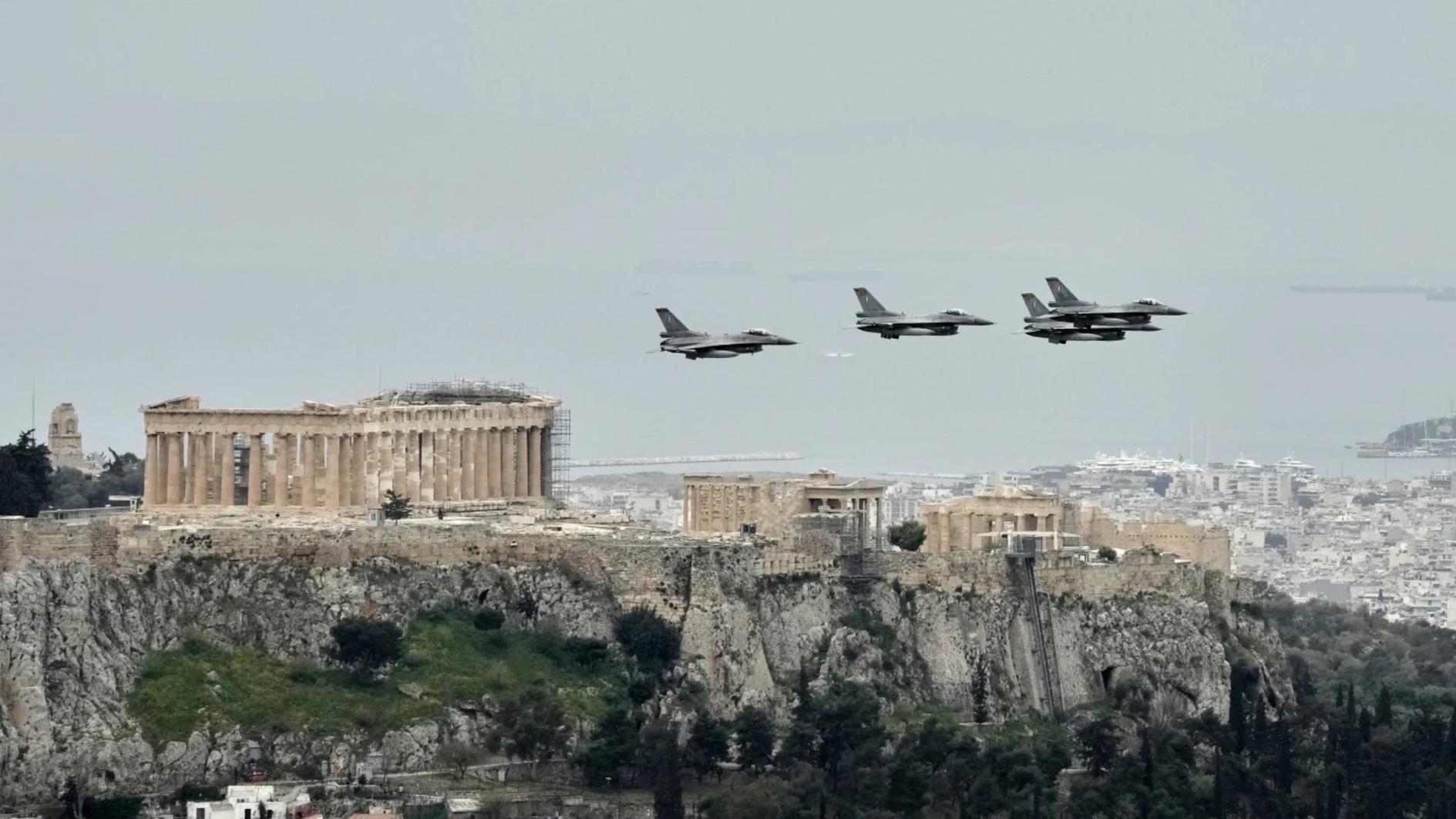Quo vadis AKP?
The protests in Turkey are finally calming down, and life in Istanbul and other major cities is getting back to normal. Yet whether politics will also become normal, or whether we will have a new normal based on constant tension, mutual resentment and more authoritarian governing is the next big question.
In my view, there is no doubt that the AKP (Justice and Development Party) government, and especially Prime Minister Recep Tayyip Erdoğan, misunderstood and mishandled the Gezi Park crisis. They only focused on the fanatic and violent groups on the streets, and interpreted them as the actors of a yet another “coup” against their elected rule. Far worse, they invented extravagant conspiracy theories about “foreign powers” which supposedly orchestrated the protests. While they had the right to complain about some of the biased comments in the Western (particularly German) media, turning this into political paranoia further blinded them to the social reality that they were facing.
This conspiratorial mindset, which is not exclusive to the AKP but an almost “national” trait, is so terrible that the more you try to refute it the more you become its target. Hence I, personally, have been bashed by some angry AKP supporters in the past three weeks for “trying to hide the conspiracy against Turkey” and thus become a part of the evil scheme.
Now, if the AKP moves on with this sort of logic, the future will not be too bright. Like elsewhere in the world, paranoia will invite more authoritarianism and more authoritarianism will invite more reaction.
However, there are also signs that, beyond the heated rhetoric, the AKP is calmly trying to understand what really happened and how they should sanely respond. In fact, while you are reading this piece, I will be at a workshop organized in Istanbul by some AKP officials, in which they will listen to criticisms about “the Gezi Park events.” If such critical feedback can be really effective in their policy-making, it can help the party to act in a reconciliatory tone in the months and years to come.
The big question here is whether the man who calls all the shots, Prime Minister Erdoğan, really believes in all the conspiracy theories he has been promoting in the past three weeks, or whether he is using them as a means to solidify his base at a time of crisis. Optimists remind of the fact that he sounded hyper-nationalist against the PKK (Kurdistan Workers Party) for two years, 2011-2012, before suddenly launching a “peace process” with them. Pessimists argue that this time Erdoğan is really in a state of mind, and temper, that would not allow him to build any bridges with opponents anymore.
We will see. If the AKP takes a lesson from the Gezi Park events, which are really a big political phenomenon in Turkish history, our democracy might grow more liberal and participatory. Erdoğan and his cadre might realize that winning elections are not the only thing that matters, and that they have to listen to opposition groups and show full respect to peaceful protests.
But if they decide to go on with their majoritarianism, and grow only more oppressive against those who denounce their ways, then everything will get worse. The dream of a more free, democratic and prosperous “New Turkey” will be seriously damaged. It will be a very big pity.











